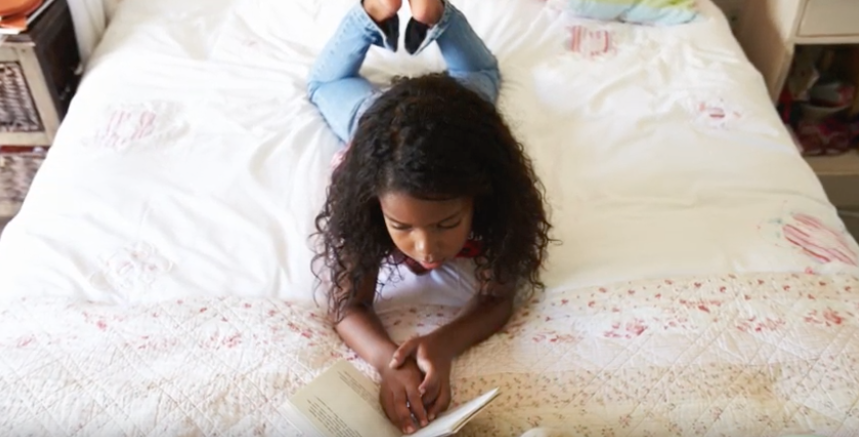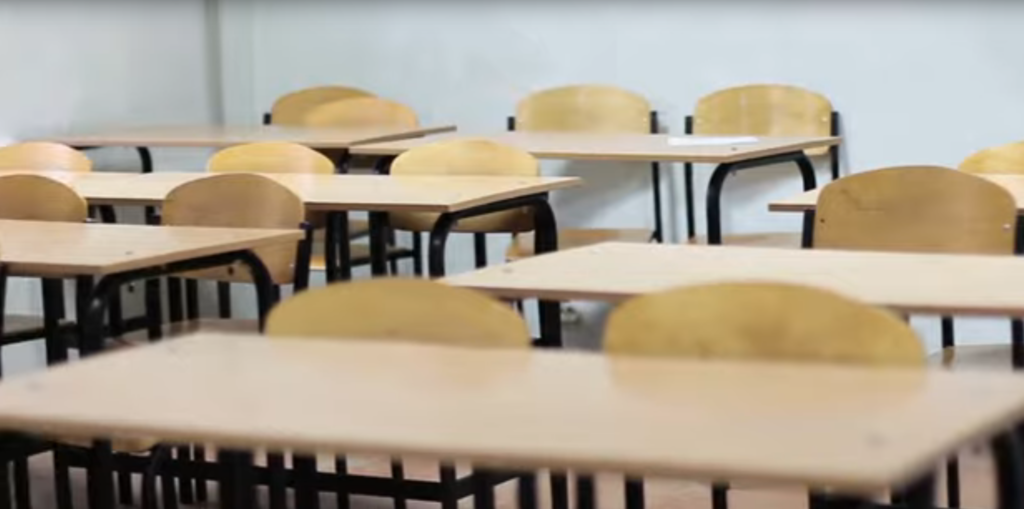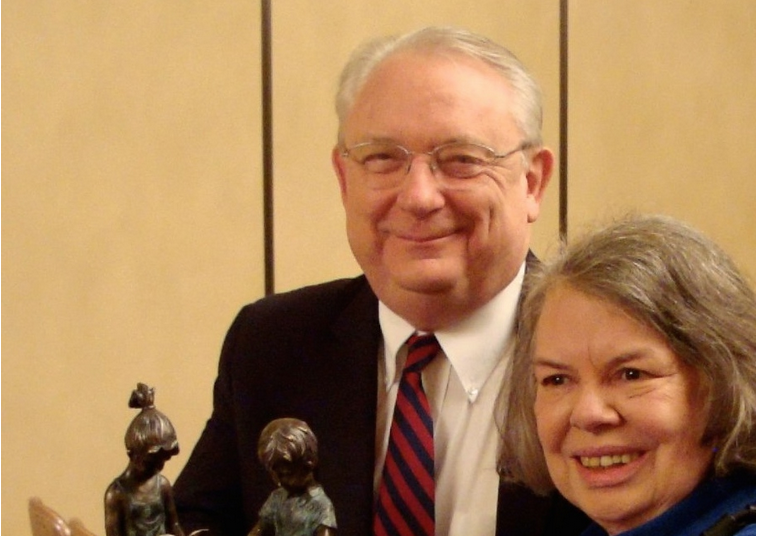Sign in for exclusive products and special discounts.
Category: Language Arts

The Relevance of Walden Today
“A teacher of high school honors English, I had always enjoyed the lively discussions related to my students’ reading of Henry David Thoreau’s ‘Walden.’ Everything about Thoreau’s life intrigued them. But there was one big downside: Thoreau’s layered, dense, nineteenth-century language, with all its subtleties, was hard for them to penetrate. They ‘got’ him, but his writing was quite another matter.” – Anne Faigen

Why Learning to Read Is Difficult for Some Children
“Between 2% and 20% of schoolchildren have some type of reading problem. Educators are starting to recognize the importance of the visual system and eye-tracking skills for reading, but these skills must be trained before a child with reading problems can be successful..” – Dr. Kenneth A. Lane

Reading Is Not a Spectator Sport
“In my language arts classrooms, I did not teach reading; I taught literature. I assumed that students knew how to read the literature we tackled, and for some students, that assumption was true. But for others, it was not. Teaching sound literacy skills not only will create successful language arts students, but it will create successful science, social studies, and math students, and it will create successful employees in all industries.” – Steve Loe

Common Core and American Nonfiction: Some Thoughts
“The Common Core standards have been adopted in the majority of states, to our relief or disappointment, depending upon our understanding of the standards. My impression is that some of the negative reactions to Common Core have not so much to do with the standards themselves as with how they are interpreted or implemented.” – Michael Clay Thompson

Poetry or Prose: A False Dichotomy
“We must include the formal study of poetics as one of the core components of language arts. Using the sentences of great novelists as their models, students can begin to experiment with poetic devices, not only in their own poems but in their own prose sentences.” – Michael Clay Thompson

Developing Verbal Talent
“For gifted children, the development of verbal talent is among the deepest joys and most critical preparations of life, but the talent will not develop on its own. If we provide access to books, enlightenment about grammar, and enthusiasm for words, then children will move forward into exciting experiences in language that will be catalysts for the development of verbal talent.” – Michael Clay Thompson

The Classical Education Editions of Caesar’s English
“The primary pedagogic purpose of ‘Caesar’s English’ is to teach vocabulary—the academic vocabulary that children will need to succeed in education and in professional life. But the classical education editions have a wealth of additional content. They are everything we want textbooks to be.” – Dr. T.M. Kemnitz

The Genesis of the Classical Education Editions of Caesar’s English
“The ancient Greek and Roman civilizations provided the inspiration for the classical education editions of ‘Caesar’s English.’ There is a difference between good and great; we are determined to bring to you what is truly great, and we will use the best that humankind has created to fire the imaginations of children.” – Dr. T.M. Kemnitz

Michael Clay Thompson Wins Gifted Education Award
Michael Clay Thompson has won the prestigious Richard W. Riley Award for “superior services to the gifted community.” The award reflects the unique place that Michael’s language arts curriculum has come to have in gifted education.
